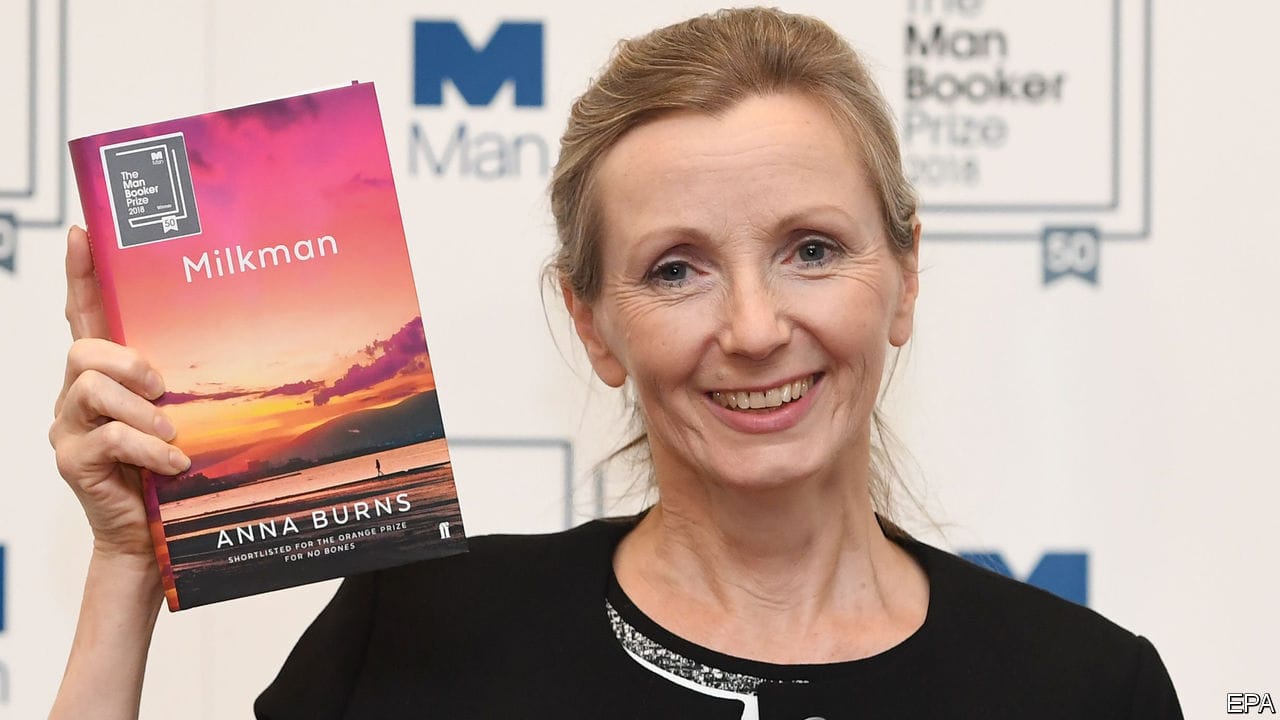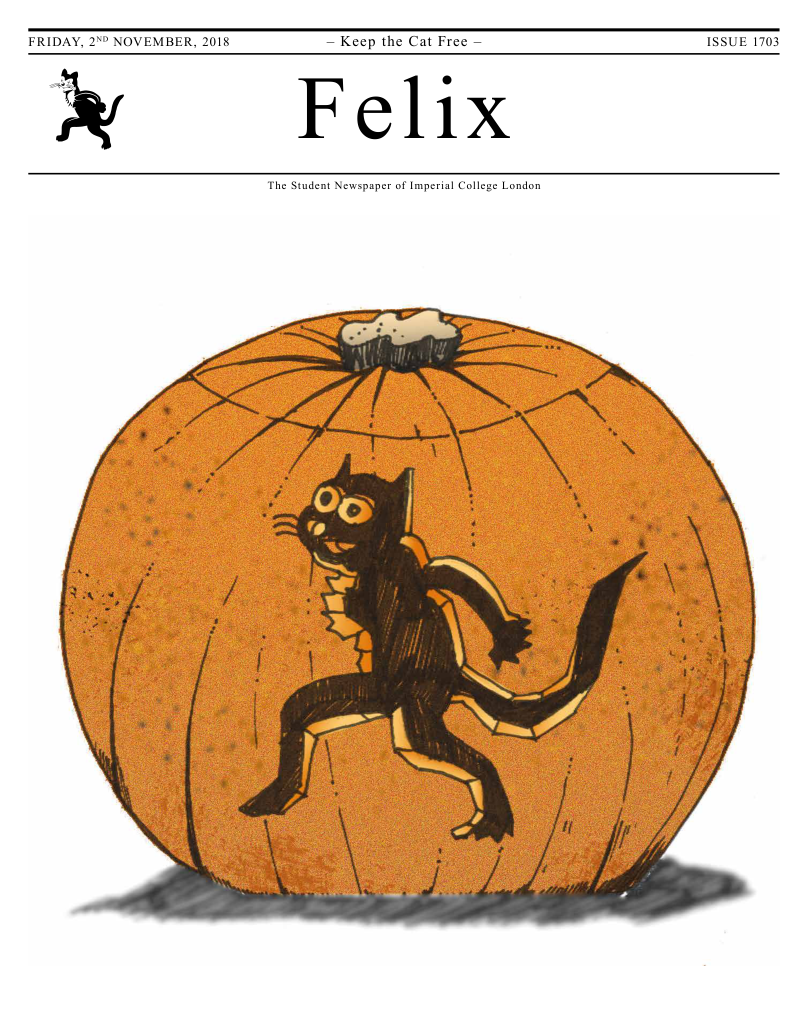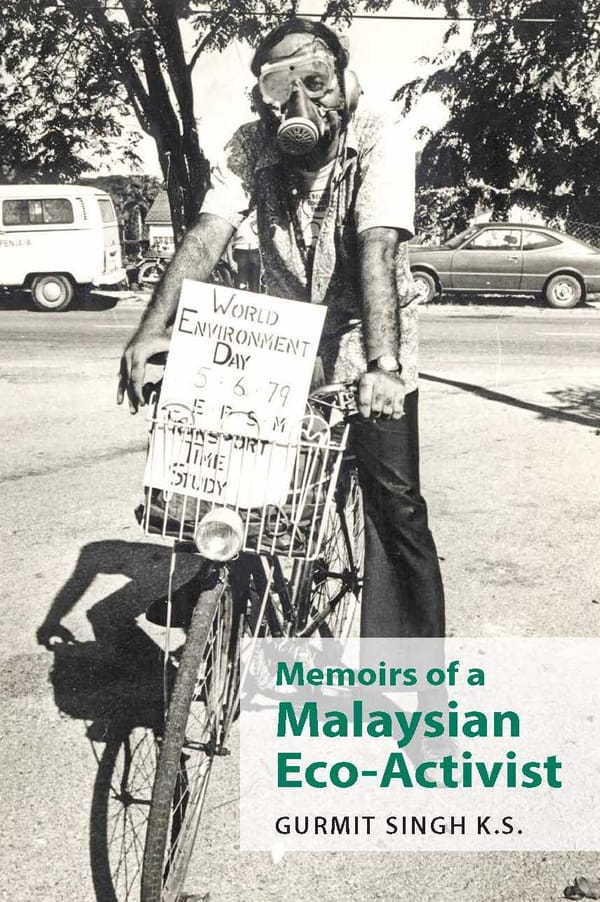Man Booker Prize winner: Milkman a “challenging” read
Anna Burns is the first Northern Irish writer to win the prestigious award for her Troubles-era novel Milkman.

The first thing one notices about Anna Burns’ Milkman is the lack of names. The closest thing our protagonist gets to one is “middle sister”, and the setting is only ever referred to obliquely, and its characters by sobriquet. There is one particularly fantastic early scene in which middle sister’s maybe-boyfriend is accosted on charges of possessing a bit of a car with a flag from “over the water” on it. That was when the penny finally dropped for me, but I might just be slow.
The second thing you notice is the language. The novel is almost entirely middle sister’s inner monologue, and the language is not what one would expect from an 18-year-old girl growing up in working class Belfast during The Troubles. Her thoughts are bizarrely prosaic, and Burns’ style disorientating. Her characters are difficult to distinguish from each other – throughout the dialogue all the characters speak in the same oddly stilted and long-winded manner.
Kwame Anthony Appiah, Chair of the Man Booker Prize panel, called it “challenging in the way a walk up Snowdon is challenging”, and it is – it truly stretched the limits of my suspension of belief.
However, through this style, Burns has managed to make every word, every paragraph, every page feel overwrought and overthought, which perfectly captures the outstanding tension of her setting. Her attention to detail and the vernacular conveyed a sense of place to an extent that would be unachievable by mere description.
This comes at the cost of making Burns’ novel largely impenetrable. Appiah said that his time spent reading academic papers on philosophy were good preparation. For the reader attempting Milkman without such training, it is easy to imagine the book being a tough read. There is more or less no plot for the first two-thirds of the novel, but when the tension escalates and things come to a head, Burns handles the narrative deftly.

In the buildup to the action, we are treated to over two hundred pages of tension-building and characterisation. There are, of course, flashes of action (such as the aforementioned scene with maybe-boyfriend’s car bits), but these are more or less glossed over by Burns as she rushes to introduce the next character or drop the next nugget of setting-related exposition.
To some extent, this is also part of the point. Middle sister wants a quiet life: she reads 19th century literature whilst walking to avoid having to interact with people, and would rather not have the ‘future talk’ with maybe-boyfriend. When plot happens to her it is always an inconvenience, and the prose treats it as such.
This wouldn’t matter so much if the tension built to a satisfying pay off, but it does not. We are, in principle, told what the climax of the novel is on page one: Somebody McSomebody is going to assault middle sister and her IRA stalker, the eponymous Milkman, is going to die. In actuality, the climax of Milkman features an assortment of minor side characters; when you finally reach the bit you’re promised at the start, you could easily miss it in that haze of action you’ll almost certainly be lost in.
There’s probably a way in which this, too, is intentional, but really it just makes the novel feel unsatisfying to me. I think this generally sums up my position on Milkman: it’s an incredibly clever novel that is overflowing with literary merit, and certainly enough to justify the Man Booker prize. However, it is also impenetrable and occasionally a touch boring.
It’s certainly worth a read if you’re a fan of seeing the English language used in new ways, and a book on Northern Irish issues getting publicity right now is probably not a bad thing. But probably, for the vast majority of the reading public it’s just not worth sitting through all that build-up for what is an extremely well-written and engaging, but ultimately disappointing, conclusion.








